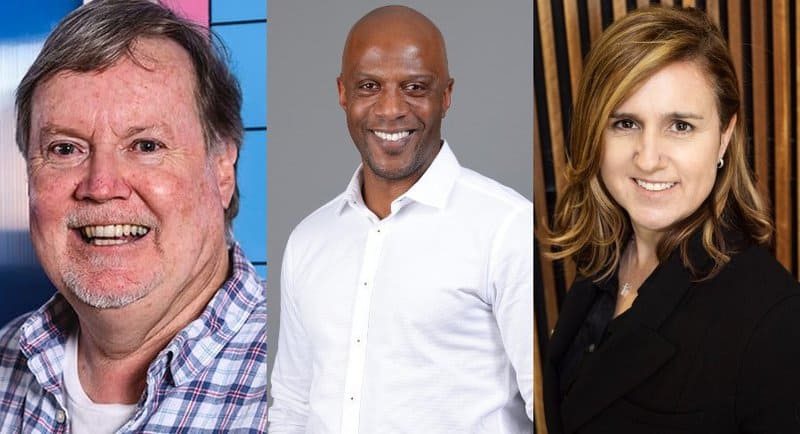Ageism, the stereotyping or discrimination against people or groups based on their age, is not necessarily the first or most obvious issue to tackle in an industry that champions diversity and inclusivity.
Greg “Sparrow” Graham recently established the Advertising Ageist Action Group (AAAG) and is hoping to make a difference in the space.
Graham spoke to Mediaweek about ageism in the industry, the importance of age and generation diversity, and what he hopes the AAAG can achieve.
Wayne Philbert, chair of the MFA DE&I Advisory Council, and Jacquie Alley, chair of the IMAA’s Diversity Council, also spoke to Mediaweek about their support for the AAAG.
Age ain’t nothing but a number
Sparrow said: “In the advertising industry, we are so skewed toward youth. We’re obsessed with young people and obsessed that they have to understand digital or have a feel for digital.”
“That’s a crying shame because so much knowledge, wisdom, and experience is there when you’re 50-plus.
For Sparrow, having diversity in age and generation in the industry is important because it reflects everyday Australia in work produced.
“Australians over 50 had buying power and bought products just as much as the younger demographic. It’s the audiences we’re addressing our advertising to,” he said.
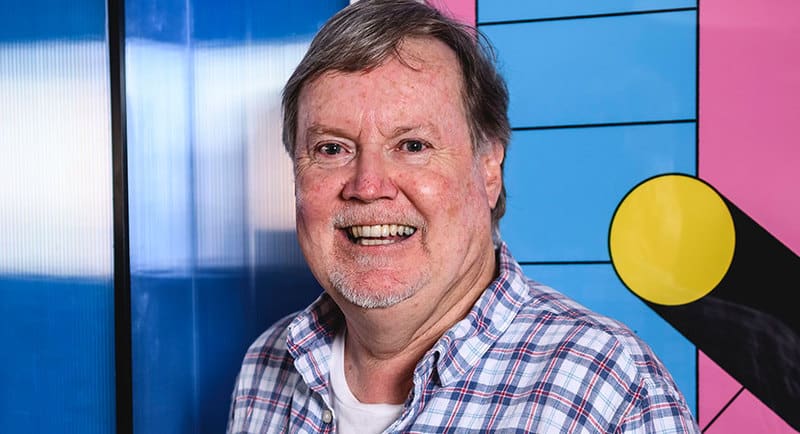
Greg “Sparrow” Graham
Sparrow noted that people over 50 in the industry have plenty of valuable experience. He said: “The older you get, the more experience and wisdom you have, which I think helps with your quality of communication.”
“I know it sounds simplistic, but how do you reflect Australia and help people grow and have great careers if you don’t have that experience or wisdom there to pass it down,” he added.
Sparrow launched the AAAG after his induction into the Media Federation of Australia’s Hall of Fame last month. He explained that he was inspired to launch the group after reflecting on his career journey.
“I was reflecting on issues that are important to me, and ageism was one issue I’m passionate about.”
Expanding the conversation
Sparrow praised the industry and industry bodies for their work and robust conversations on diversity for minority communities, including cultural backgrounds, LGBTQ, disability, and neurodiversity. But he said it was time for ageism to be part of the conversation.
In a previous Mediaweek piece on ageism in the industry, Sparrow called out to be part of the AAAG and received plenty of support and volunteers.
See also: Sparrow’s Nest: Ageism – Take a stand, join Advertising Ageist Action Group
See also: Sparrow’s Nest: The importance of keeping experienced talent in the industry
Sparrow said that the group is working to create a three-point workplace action plan and develop additional points after the New Year.
“We’re only at the beginning. We’ve got the awareness, but I’m moving it into action and how you can implement it in your workplace to make a difference.”
It’s all the in the balance
Among those who have shown support for the AAAG is Wayne Philbert, chair of the MFA DE&I Advisory Council.
“As with so many aspects of diversity, in my view, the benefit comes from the quality, breadth and variety of experience and perspectives. In addition to this, life/lived experience matters,” he said.
Philbert, also a client partner at Initiative, noted that clients look for a balance of maturity, composure, experience, broad cross-category experience, and intelligence in their agency teams.
“This is in conjunction with fresh thinking and innovation in the solutions presented to them,” he said.
“Being able to have meaningful conversations with clients about their category because one has actually experienced it adds a deeper layer to understanding their challenges and how to relate to the customer,” he pointed out.
Philbert noted that if more mature and experienced agency team members no longer feel valued, the industry risks losing one of the most important elements clients look for and value. “Agencies and clients are definitely the poorer for it,” he added.
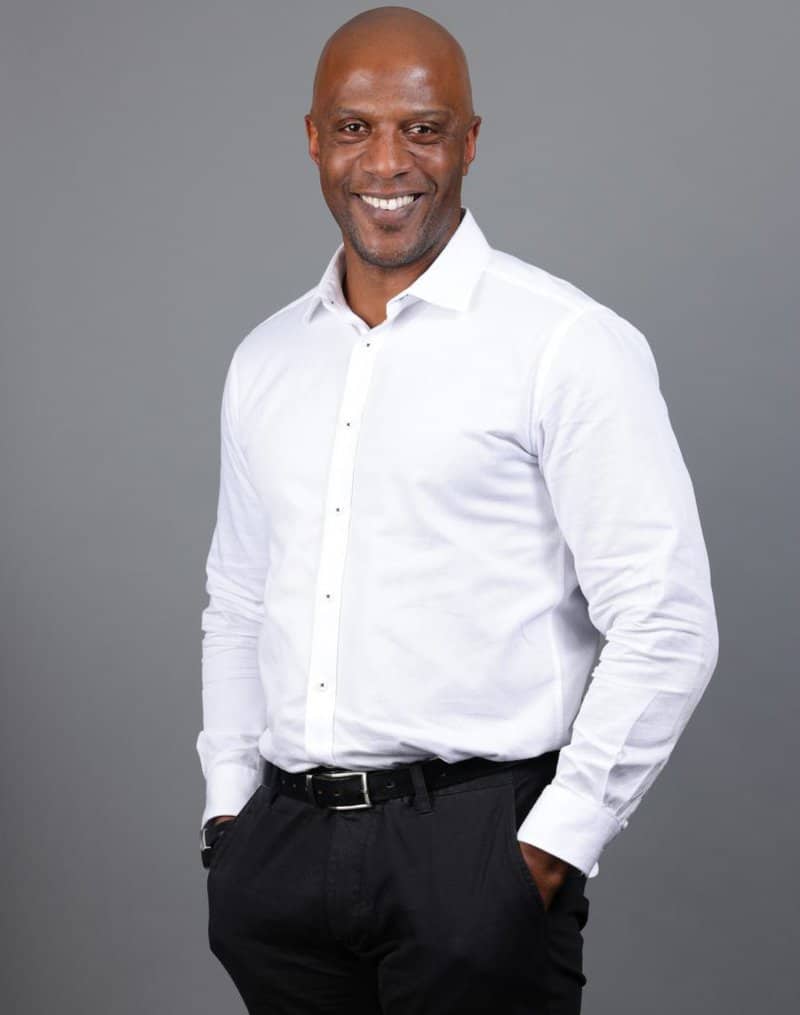
Wayne Philbert
The MFA on tackling ageism
Tackling ageism is an important aspect of the MFA DE&I charter. He said: “It’s critical for us to drive awareness, education, positive representation and ultimately more widespread inclusion and a sense of belonging among more experienced and mature media professionals.”
Philbert noted two focal points for the MFA involve understanding the situation between ageism and mature industry members and highlighting the experiences people have and currently work through regarding age.
“To do this, we’re already engaged with Sparrow and will support endeavours to survey and research the Australian media agency landscape for viewpoints,” he said.
Philbert added that the MFA DE&I council will promote and draw attention to the actual stories and experiences of people in the industry.
“The story of the people behind the numbers which will make this all the more relatable,” he added.
In the year ahead, Philbert noted that the MFA will also be taking its steps on ageism, particularly in light of the “talent crunch” facing the industry.
“The ideal outcome I’d like to see is for more people to feel welcome, that they want to sustain their media agency careers into the future and that agencies respect and value their contribution,” he said.
“Historically, what I’ve seen is the media industry places disproportionate emphasis on youth in terms of celebrating and highlighting the contribution from younger players in the industry. So many of the awards and accolades are focussed on this,” he added.
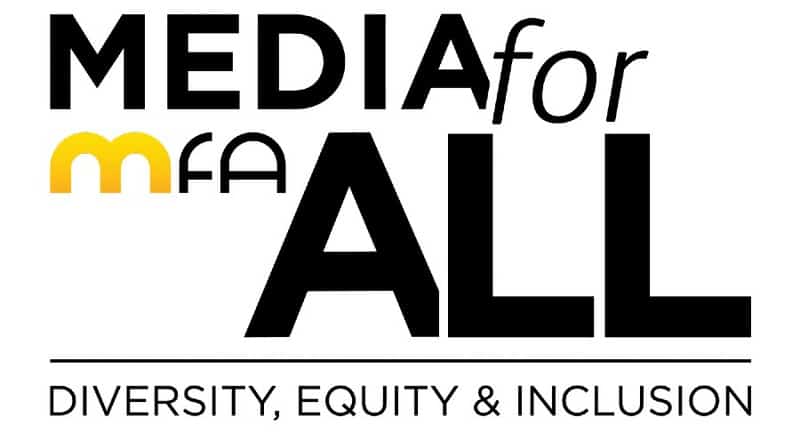
Philbert shared his hopes for the MFA toward ageism, including the redress and rebalance of attention on industry players “to highlight the valuable contribution from more experienced agency members.”
In addition, he said the MFA hopes to help improve the retention rates of mature and experienced media agency professionals, as well as highlight the perspectives of senior clients to “showcase how highly regarded experience is by them at the highest levels.”
The MFA wants to celebrate the consistency of contributions from experienced agency professionals outside the C-Suite, Philbert noted. He said: “Success within the agency industry isn’t solely measured by one’s job title/seniority.”
Philbert also said that the industry body wants a reduction of experienced media professionals being told their age or experience is an obstacle or hurdle to securing their next or dream role.
Speaking of the AAAG, Philbert was excited to see an industry collective taking on ageism, calling it “incredibly powerful.”
“I’m of the view that this group will be able to bring positive representation and real authenticity to the discussion given the lived experience (there it is again) its members have to call upon,” he added.
Representing different voices
Jacquie Alley, chair of the IMAA’s Diversity Council, also shared her support for the AAAG.
“You want to represent the people, the audiences, we’re trying to reach for our clients, and they’re not always young,” she said.
Alley, chief operating officer of The Media Store, noted that lived experience with the tools and channels allows for better insights.
“That longer-term media experience where you know your craft is something we need to value once again. We need to have a mix of fresh thinking, which doesn’t necessarily come from young people, but from people who understand the media craft and what has worked and what doesn’t.
“I think we need a combination of those people to create great innovative solutions,” she added.
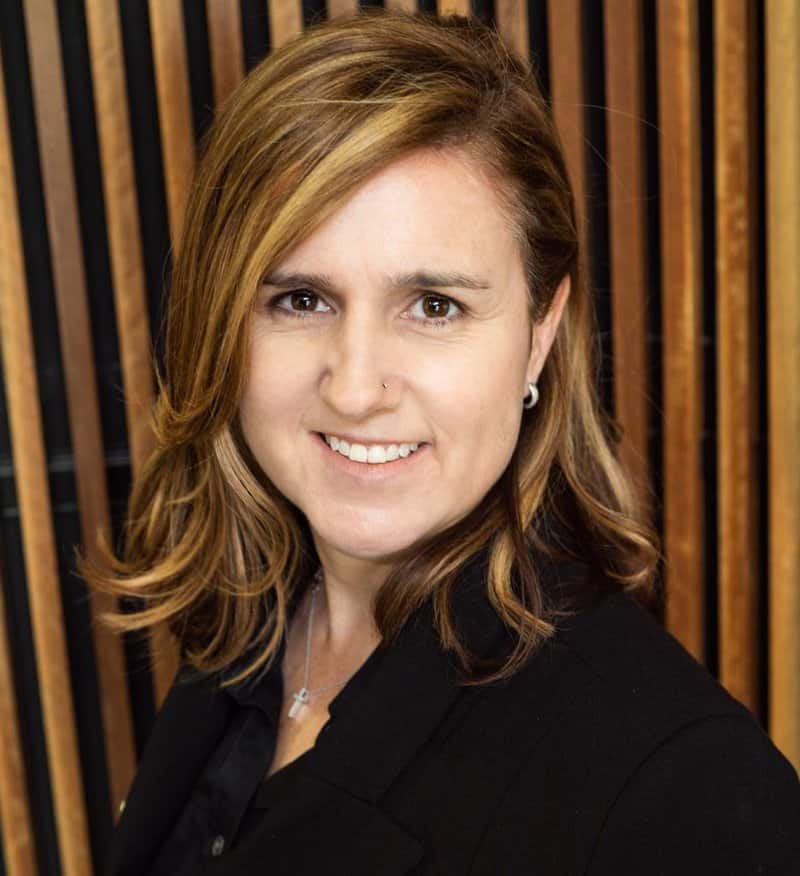
Jacquie Alley
Seeing the impact of ageism
Alley has also seen the impact that ageism in the industry can have on individuals such as her father. She shared that her father and one of his founding employees couldn’t keep up as digital grew and vernacular acronyms became the norm.
“I watched them pull back, become a quieter voice in the room and feel like they needed to bring young people in,” she said, noting that many like her father quietly left the industry in droves.
Alley said that curiosity and the willingness to be vulnerable and ask questions should be encouraged in an industry. “It’s about creating a safe place where everyone can ask questions, and it’s about challenging our own biases,” she explained.
Alley explained that one of the keys is being conscious of biases instead of assuming mature people bring no value because they are not digital natives.
Being part of the conversation
As chair of the IMAA’s Diversity and Inclusion Council, which is in its first year, Alley noted that they have focused on benchmarking.
“We have identified that 80% of all IMAA agencies are aged between 25 and 49. There are about 10% under 24 and 10% over 50,” she said, noting that age groups also need to be addressed.
Alley said: “The fact that we group everyone 50-plus is absurd. Someone’s very different from 50 to 70 to 90.”
When addressing ageism, Alley explained that it will not be directly focused on by the IMAA’s Diversity and Inclusion Council, as the focus will be on female leadership in 2023.
However, she explained that there would be an indirect effort through its emerging female leaders’ mentoring programme that will see cross-generational pairings and an environment where they can learn from each other.
While IMAA’s Diversity and Inclusion Council focus will be female leadership, Alley said she was quick put her hand up the AAAG to help bring awareness to people and improve the biases against the value of older employees.
“We’re just trying to bring some attention to it so that our industry doesn’t become this narrow place where we’re not representing our clients and not representing the wider Australian consumer base,” she said.
“We know that baby boomers are huge consumers in Australia. So, we need to have those people who understand that generation in our industry,” she added.
–
Top image: Greg Graham, Wayne Philbert and Jacquie Alley
